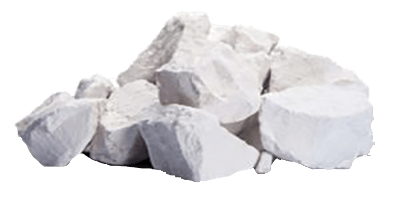We have experienced experts and working specially for more than 10 years and enables to present worthwhile services in order to supply all kind of raw material for foundry and casting industry as well repairing and maintaining the equipment for all kind of furnaces. Also we are distributor of some reputable worldwide companies.
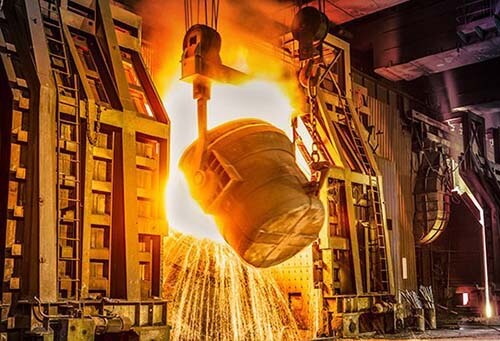
Refactory Products

Refractory Mortar and Ramming
Refractory Bonding Mortars are finely ground refractory materials which are plastic, or become plastic and trowel able when mixed with water. Mortars are suitable for laying and bonding insulating fire brick and most clay-based dense fire brick.
Refractory Brick, Tiles And Blocks
A refractory brick is a block of refractory material used in lining furnaces. A refractory brick is built primarily to withstand high temperature, but will also usually have a low thermal conductivity for greater energy efficiency. Usually dense firebricks are used in applications with extreme mechanical, chemical, or thermal stresses .
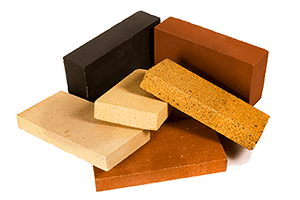
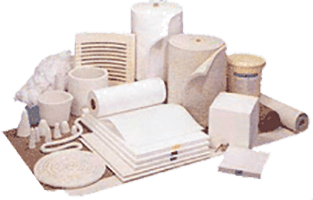
Down Well Pump Cable
A kind of refractory insulating material that is useful in the melting and metallurgical industries . Ceramic Fiber use and locate between the refractory materials and Ladle's wall and Tundish and Furnace .
Refractory Shaped Parts
These parts are produced by casting method and from refractory materials according to the customer’s order.Some of these parts are Slide Plate, Slide Gate, Tundish Nozzle and Semi Nozzle.
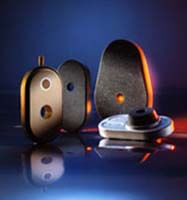
Ferro Alloys Products
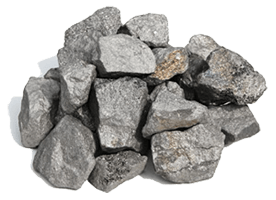
Ferroalloys-LUMP
Ferroalloy refers to various alloys of iron with a high proportion of one or more other elements, Mn, Si, Cr, Mo, Ni, Ca, …for example. It is used in the production of steels and alloys as a raw material.Ferroalloys are produced by adding chemical elements into molten metal, usually during steelmaking. They impart distinctive qualities to steel and cast iron or serve important functions during production and are, therefore, closely associated with the iron and steel industry, the leading consumer of ferroalloys.
Ferroalloys-Cored Wire
Cored wire is widely used on ladle refining process. Crushing the additives (deoxidant, desulfurizer, alloys) into certain granulation (in the form of powder), then, using the equipment to fill the powder into “U” shaped sheath, which is made of high quality cold rolled steel strip, lastly, tightly closing the wire, so a multiple material (cored wire) with certain length will be obtained. - Cored wire types: Carbon Cored Wire, Sulphur Cored Wire, Titanium Cored Wire, Aluminum Cored Wire, CaSi Cored Wire, CaFe Cored Wire, …
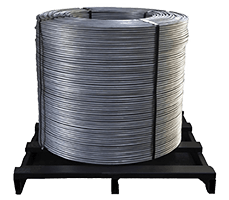
Metallurgical Products
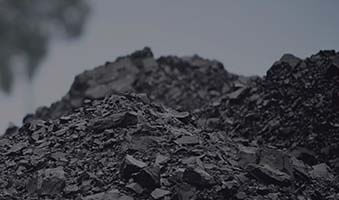
Coke
CPC (Calcined Petroleum Coke) The majority of Carbon's calcined petroleum coke finds its way into the primary aluminum industry; another large segment is used in the steel industry as a recarburizer agent. Other uses include the production of titanium dioxide, which is used as a pigment for paint, plastics, sunscreens, and food coloring.
Carbon Block
Carbon Block is made of calcined anthracite under high temperature and other additives by extruding, baking and processing. Typical properties are with high thermal conductivity, high micro-pore porosity and good permeability which may reduce erosion to the body of blast furnace, and avoid the iron liquid erosion and permeability. Carbon Block can meet the requests for the large scale blast furnaces.
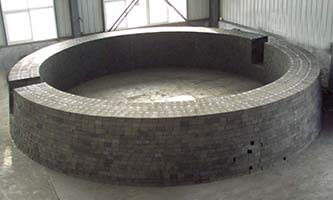
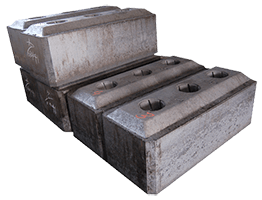
Anode Carbon Block
Anodes are carbon blocks used to conduct electrical energy during the process of producing primary aluminum. Carbon anodes are produced from the following ingredients: calcined petroleum coke and coal tar pitch.Also Anodes are large carbon blocks which are used to conduct electricity during the aluminum reduction process.
Carbon & Graphite
Graphite electrodes carry the electricity that melts scrap iron and steel (and sometimes direct-reduced iron: DRI) in electric arc furnaces, the vast majority of steel furnaces. They are made from petroleum coke after it is mixed with coal tar pitch, extruded and shaped, then baked to carbonize the binder (pitch), and then graphitized by heating it to temperatures approaching 3000 °C that converts carbon to graphite. They can vary in size up to 150mm to 700mm diameter.
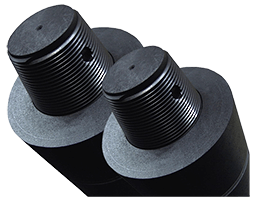
Minerals Products
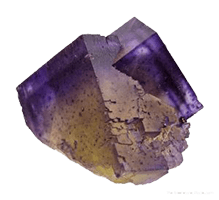
Flour Spar
Fluorite is an important industrial mineral composed of calcium and fluorine (CaF2). It is used in a wide variety of chemical, metallurgical, and ceramic processes. Metallurgical Grade Fluorspar Metallurgical grade fluorspar contains between 60 and 85% CaF2. Much of this material is used in the production of iron, steel, and other metals. Fluorspar can serve as a flux that removes impurities such as sulfur and phosphorous from molten metal and improves the fluidity of slag. Between 20 and 60 pounds of fluorspar is used for every ton of metal produced.
Kaolin
Kaolin, or China clay, is nearly white in color and it has different uses. There are more white clay uses in industries. Following are some: The largest use is in paper production, In ceramics , As paint to extend titanium oxide , In adhesives.
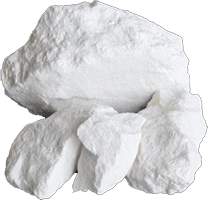
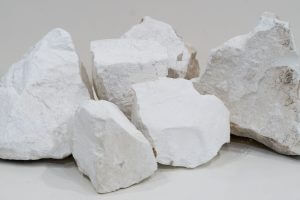
Calcined Dolomite
Dead-burned dolomite is produced when dolomite is calcined at very high temperatures. It is used both as a refractory product in granular form to repair linings and for making the bricks used in the refractory linings of casting ladles and cement kilns. This refractory works well for ladles because it creates MgO in solution in the slag, which provides a buffering because MgO particles in suspension provide coating protection. Any excess MgO precipitates, protecting refractories and tap holes, reducing the need for gunning and repairs.
Calcined Lime
Lime is a versatile compound. Various forms of lime are used in environmental, metallurgical, construction, and chemical/industrial applications etc. The largest single use of lime is in steel manufacturing, where it serves as a flux for removing impurities (silica, phosphorus, and sulphur) during refining of steel.
